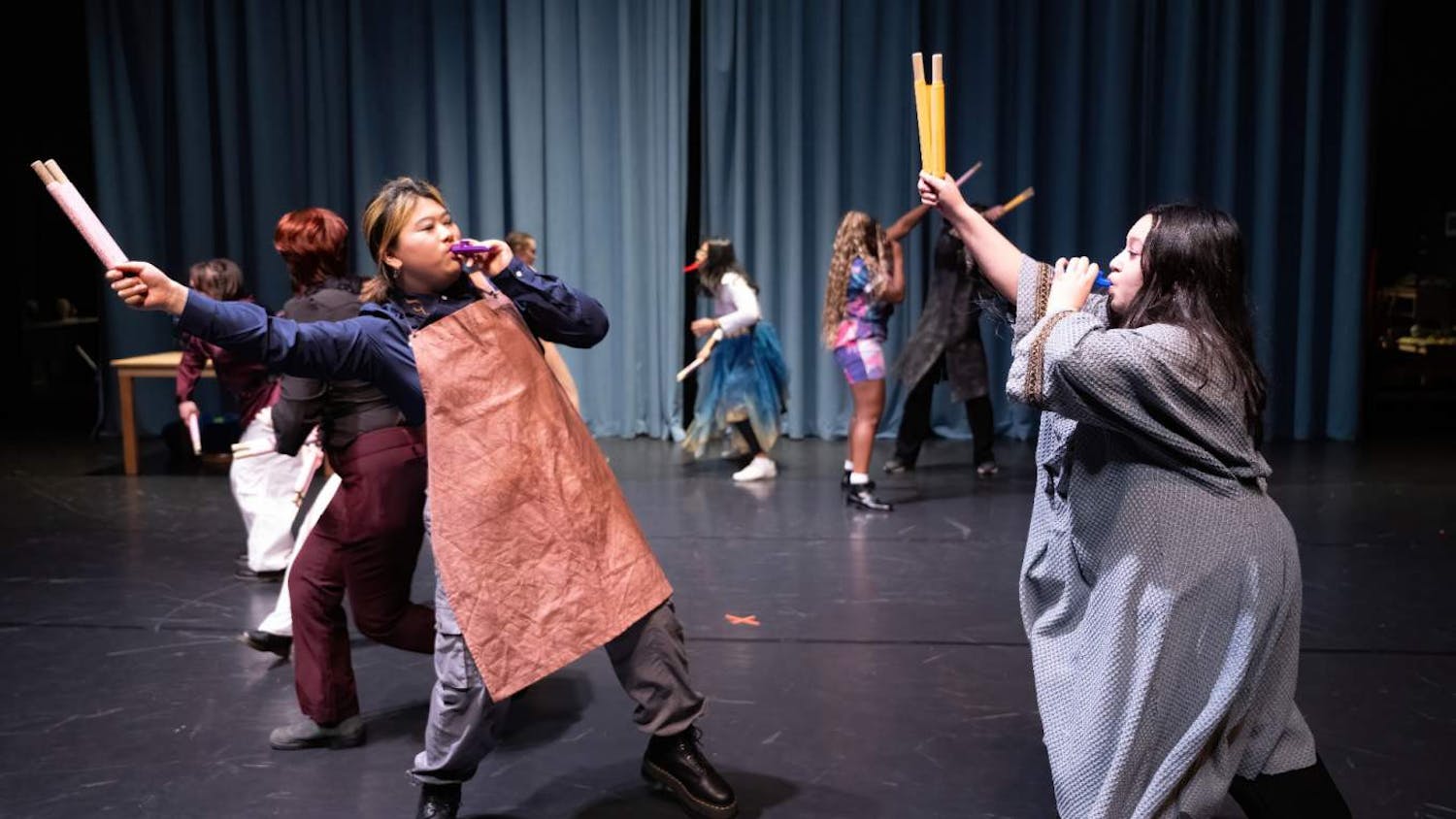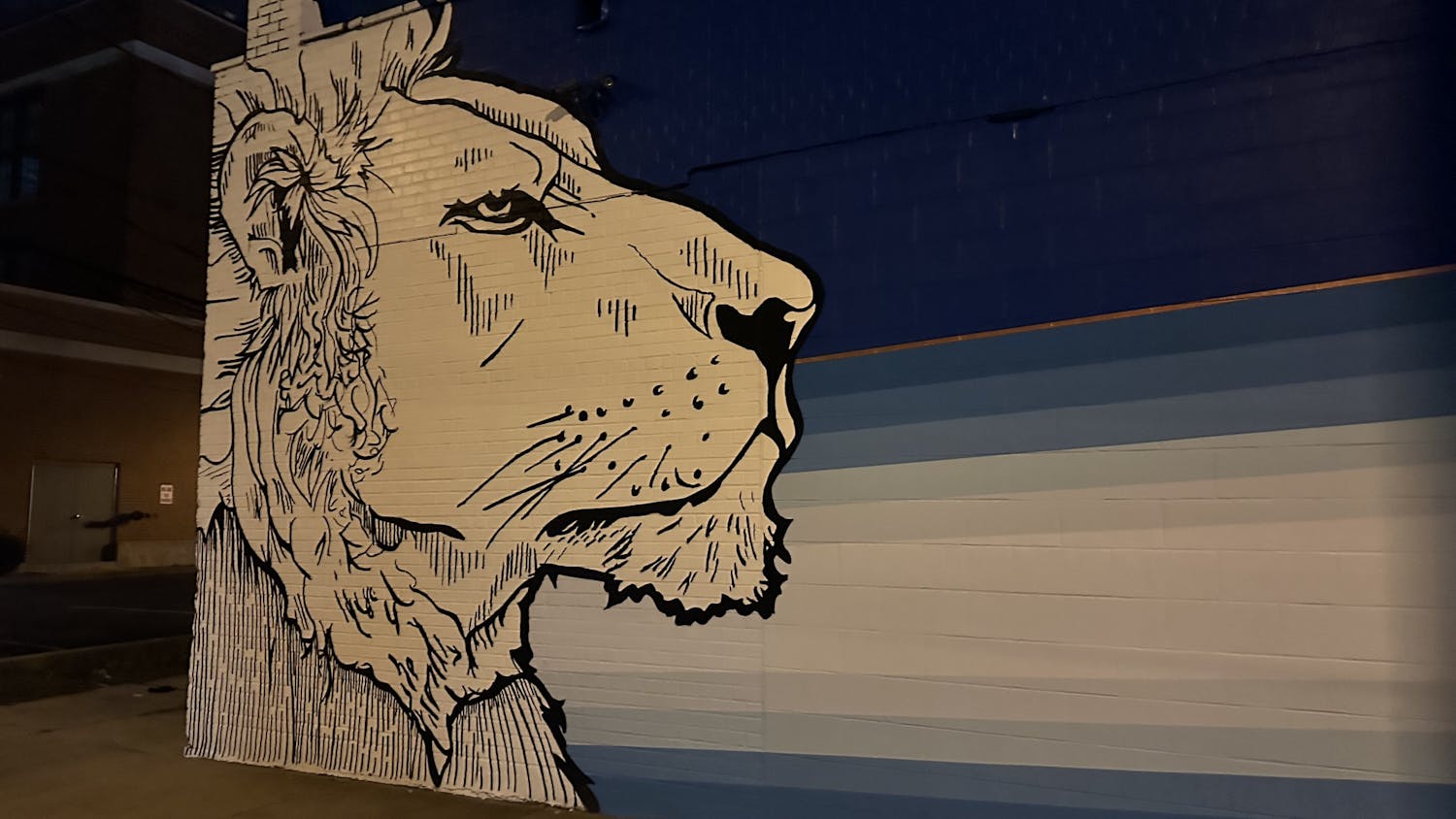Korey Green wants to open up a racial dialogue with his latest film “The Blackness Project.”
The film, slated for release later this year, takes a comprehensive look at the opinions and conversations of the black population in the United States. Green, the film’s director and head of the Buffalo-based Black Rose Production House, has travelled around the country for the film, which centers around conversations on topics like racism, slavery and the N-word.
The film started gaining ground after Green, along with the film’s producer Peter Johnson, began having conversations about 2014’s “The Whiteness Project,” a film documenting experiences of white people in Buffalo, New York.
“I think sometimes it would be uncomfortable for certain races to give their prejudices or how they feel about certain situations because it could end up in some form of argument or not a good way,” Green said. “So what I want to do is create that forum with the film to get the dialogue going and understand both perspectives on how people feel about certain things.”
The film runs on a series of interviews where interviewees are “given time to ‘speak their mind’ in an open and truthful [manner],” according to its website. It’s an unscripted concept, allowing for conversations that are opinionated yet embrace understanding.
“There’s no right or wrong answer, this is how people feel, how they were raised and their beliefs,” Green said. “So it’s interesting seeing the difference even within the African-American community, just how one [person] thinks so different from the other.”
“The Blackness Project” features interviews with actor Stephen Henderson, Mayor Byron Brown and others that take place in the Manhattan streets.
Recently, Green helped submit the film to Sundance Film Festival, a move he hopes pays off.
Green is no stranger to big films sparking a discourse in his native city.
He began his career with 2006’s “The Forgotten City,” working alongside fellow Buffalo filmmaker Addison Henderson. After the death of Henderson’s friend, Jermaine Cross, in 2001, Green, a friend of the Cross’ murderer, worked with Henderson to create a film exploring stories of inner city Buffalo.
Green said making “The Forgotten City” with Henderson helped him learn a lot, not just technically but emotionally, as well.
“Sometimes it can be painful telling our stories, especially truthful ones on where I come from, the East Side of Buffalo,” Green said. “I didn’t want to cut any corners so it was a lot of tough things we left in the film that are depressing but I have to fight through that if I want to be genuine. People wouldn’t have gotten a true understanding [of Buffalo] if I sugar coated it so I had to learn through dealing with it that the response from the community was tremendous.”
The film made waves at festivals throughout the country. It took home a grand jury prize at the Buffalo Niagara Film Festival and played at the Starz Denver Film Festival and American Black Film Festival.
Addison, a filmmaker currently based in Los Angeles, thinks co-directing “The Forgotten City” with Green exposed him to a much bigger story than they conceptualized.
“There was a story of hope, a story which we could tell and give to the city,” Addison said. “We wanted to tell our personal story because we realized that if you don’t then the film might not have the same impact. We wanted to change people’s lives and as cliché as it sounds, [changing the lives of] one or two people, that’s good.”
Addison still gets emails about the film as people discover inspiration in his product. Since the film, Addison has also worked with Green on their project “The Experience.” He believes Green is a natural creative while he prepares for the release of “The Blackness Project.”
Henry Louis Taylor Jr., director of UB Center for Urban Studies, is the narrator of “The Blackness Project.” Taylor said Green’s films, like “The Blackness Project” and “The Forgotten City,” get people to see the things they don’t want to see.
“I think the great significance of ‘The Blackness Project’ is that in this country, white people want to desperately believe that we are moving on from race, that we’re living in some sort of post-racial age,” Dr. Taylor said. “The film screams out that it’s wrong, it’s black people intruding into the space of white people and us blasting forward our misery and pain. I think one of the powerful utilizations in that film of the radio as the place of narration are in a lot of ways symbolizing invisibility but the way we break into, out of nowhere, your space, forcing you to think about things you don’t want to think about.”
Green said the story for “The Blackness Project” is locked and is in its final editing stages.
Benjamin Blanchet is the senior arts editor and can be reached at benjamin.blanchet@ubspectrum.com.

Benjamin Blanchet is the senior engagement editor for The Spectrum. His words have been seen in The Buffalo News (Gusto) and The Sun newspapers of Western New York. Loves cryptoquip and double-doubles.





